Tuesday 15th September, 2020
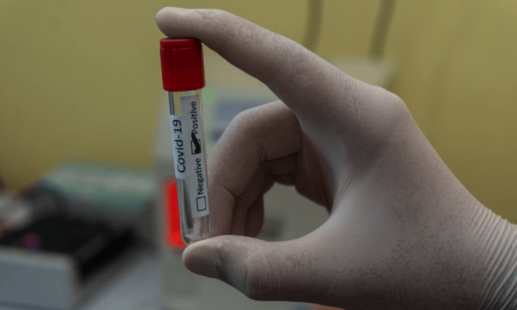
Since the outbreak of COVID-19, the whole country feels like it’s been on high alert. As it’s a disease we’re still learning about, there’s a lot that we don’t know. At the centre of a lot of research is whether our furry friends can catch it, and whether it can be passed between us and them.
Whilst there are still many unanswered questions about COVID-19, we know that horses can catch a form of coronavirus. The good news is that if you’ve got coronavirus, you can’t pass it on to your horse, and they can’t pass it on to you. Other horses are at risk though. Read on for more information so you know how you can prevent your horse from catching it, spot the symptoms, and stop the spread of equine coronavirus.
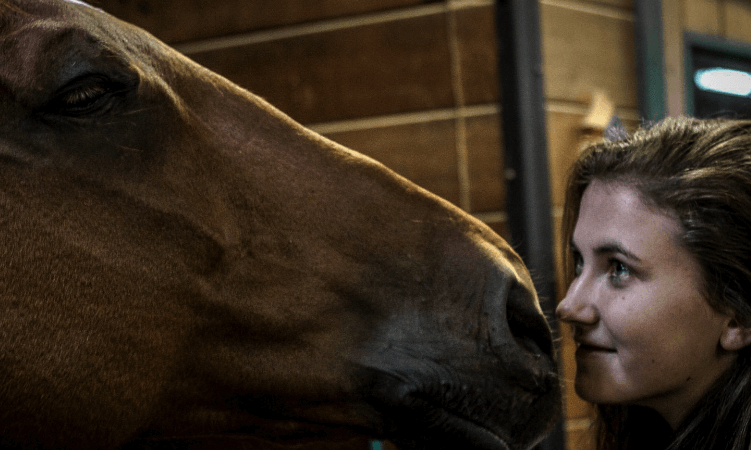
Equine Coronavirus is spread when an uninfected horse makes oral contact with surfaces contaminated by the infected faeces. This might sound easy enough to avoid, but remember to consider that these surfaces can include stalls, tools (like muck forks and spreaders) thermometers, and your hands, gloves and clothing.

The good news is that the virus itself is pretty rare. The bad news is that even horses with no symptoms of the virus can be “shedding” the virus. “Shedding” is the period of time where the horse is infectious and can pass on the virus. The “shedding” period is still under investigation but the virus has been found in stool samples anywhere from 5-21 days after infection.
If your horse has a fever it’s possible that they have contracted the virus. If you suspect that they have, make sure to isolate them as much as possible until you can confirm whether or not they’re infected. Isolation is easier than it sounds. The best rule to follow is handling this horse last when grooming, handling, feeding and cleaning out stalls to prevent the possibility of cross-contamination between the infected horse and the other horses.
Spotting symptoms in horses you know well can be easy – but what symptoms should you be looking for? The symptom that will almost always be present in cases of Equine Coronavirus is a high fever – sometimes up to 40.5° C. You may also see a lack of appetite, colic, depression, a low white blood cell count, and diarrhoea. Your horse may also lay down a lot more frequently.
Whilst the virus is mostly mild, complications can arise which can result in a much more serious case, and sometimes even death. These complications are rare but can include severe dehydration, protein loss, an inability to stand, and neurological signs like lethargy and loss of bodily control.
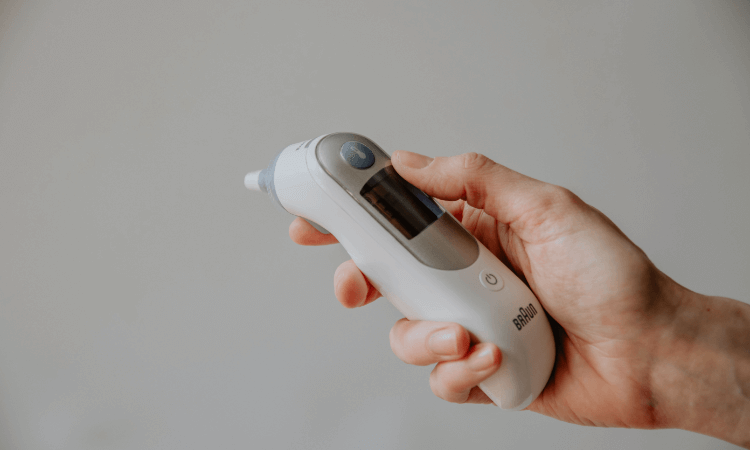
If you think you’ve spotted even mild symptoms, it’s worth checking with your vet. Even though the Equine Coronavirus is pretty rare, these symptoms could point to a few different issues. Your vet will be able to diagnose your horse by testing their faeces. They will then be able to advise your actions based on the diagnosis.
The prognosis for Equine Coronavirus is so good because most infected animals don’t even show symptoms. Those that do show symptoms mostly exhibit them mildly, such as a slight fever. If you spot symptoms, your vet can make a determination about treatment options. These will depend on the signs your horse is showing. Mild to moderate cases mostly do not need any treatment.
In more complicated cases, horses may need to be hospitalised and put on an IV for fluids. They may also need to be treated for secondary infections. Mortality rates are very low, but death can occur in complicated cases. This is why it’s important to involve your vet when you notice the first symptom.
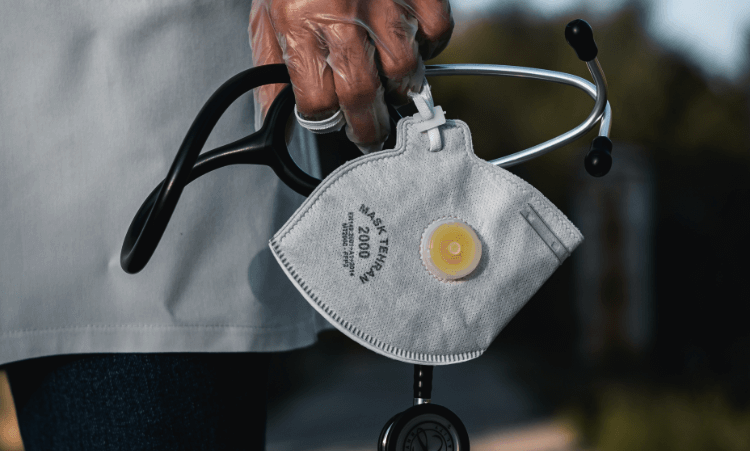
There isn’t currently a vaccine to prevent infection. Due to the 85% infection rate after exposure, the best method of prevention is isolating infected horses. Maintaining high standards of cleanliness is also vital. Carefully disposing of manure and disinfecting contaminated surfaces will also go a long way.
High-quality living conditions will help to ensure that you can keep everything clean. Old or poor quality stables and shelters will be harder to disinfect and keep at a high level of cleanliness. If you’re curious about investing in new stables to make your life easier, take a look at what we do here at Vale Stables.
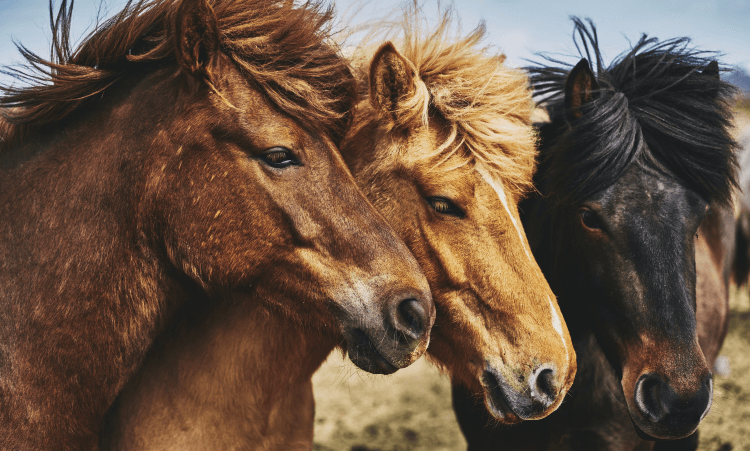
For more details about Equine Coronavirus, read this fact sheet from the American Association of Equine Practitioners, in association with the Equine Disease Communication Centre.